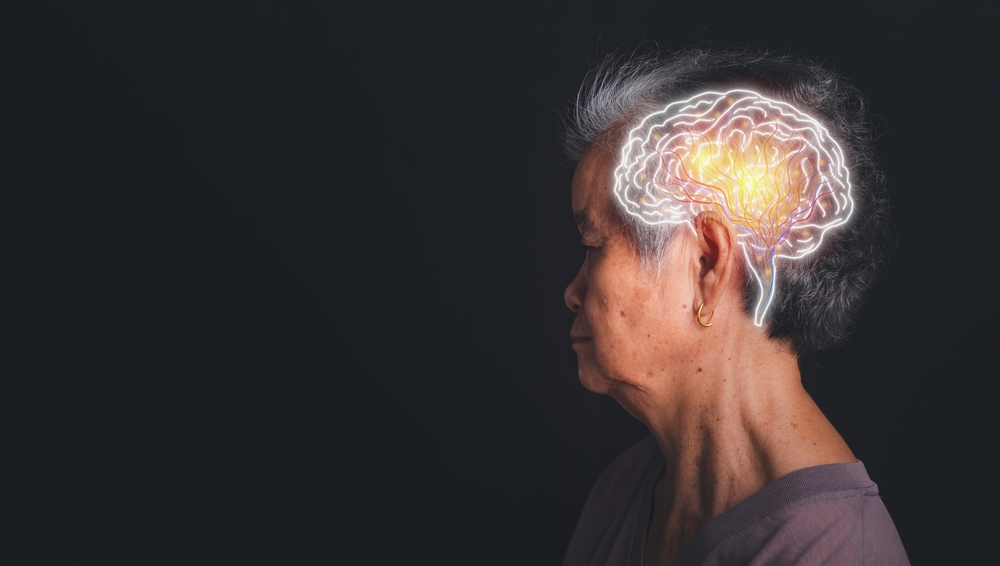According to CDC (Centers for Disease Control & Prevention) data, 5.8 million Americans were estimated to have Alzheimer’s disease in 2020. Up to 80% of dementia cases are caused by Alzheimer’s disease.
Alzheimer’s disease is a slowly developing, degenerative condition of the nervous system and brain that impairs memory, thinking, behavior, and language. The brain cells deteriorate and die in this disease, which leads to a progressive deterioration in memory and mental ability. Alzheimer’s disease may exacerbate existing mental or behavioral abnormalities, make it more difficult to carry out daily tasks (such getting dressed or making food), and make you more susceptible to sadness. Log on to www.doralhw.org for a consultation.
Causes
The onset of Alzheimer’s disease is influenced by several variables.
- Genetics: If there is a family history of Alzheimer’s disease, the risk is increased.
- Environmental variables: Some environmental factors, such as brain injuries, air pollution, drug and alcohol abuse, insomnia, depression, stress, vitamin deficiencies (such as vitamin B12 deficiency), high blood pressure, and obesity, may cause dementia to develop at any age.
Symptoms and Signs
Alzheimer’s disease can alter behavior in the following ways:
- daily life is disrupted by memory loss
- Having trouble carrying out ordinary activities at work or at home
- uncertain about the time or location
- difficulty doing routine chores
Watch out for these warning signs:
* Memory loss that interferes with daily activities
* Difficulties doing normal tasks
* Issues with planning, abstract thinking, and problem-solving
* Forgetting items
* Getting lost in familiar places
Management
Alzheimer’s has no known treatment. The goal of treatment is to reduce symptoms and enhance the patient’s quality of life.
- The goal of behavioral treatment is to lessen the effects of stressors on an Alzheimer’s patient, such as confusion or agitation. For instance, a caregiver could eliminate distractions from the home environment (like turning off a television that is too loud), utilize a set of instructions that are always followed when issuing directions or switching chores, or give the patient more frequent pauses during routine activities (such as doing housework).
- Most of the time, drugs can aid in controlling symptoms like depression or anxiety.
- Physical therapy activities that maintain balance and muscle strength are among the other treatments.
Although Alzheimer’s has no known cure, early detection and appropriate care may help the disease grow more slowly.
Join us in our fight against Alzheimer’s to improve your life!
Doral Health and Wellness has several urgent care clinics around New York that can cater to your family’s medical needs. We also have the best medical providers, physicians and staff that are highly trained in their respective specialties. To know more about the locations of our urgent care clinics, you can visit us at Doral Health and Wellness. If you are looking for urgent care near you, you can visit Doral Health and Wellness Urgent Care. We provide urgent care for common illnesses and injuries. Additionally, we also provide comprehensive care for any related injuries and health problems. We also offer other services, such as vaccinations, immunizations, and blood testing. For more info, visit us or call 1-347-384-5690.






